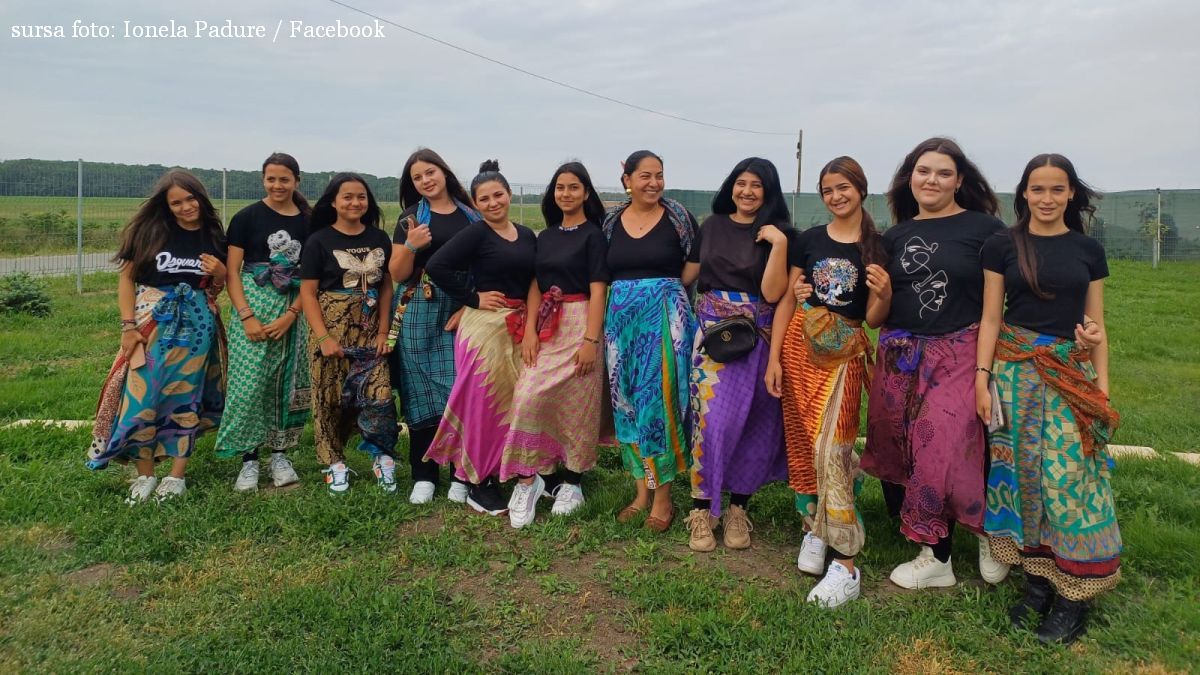The effects of the pandemic on the cultural sector
The pandemic has hit hard all social and economic sectors, including the cultural one

România Internațional, 31.03.2021, 12:07
The pandemic has hit hard all social and economic sectors, including the cultural one. Theatre and cinema halls have been forced to shut their doors, artists have suspended their shows and art galleries have lost their visitors. All these have had repercussions, not only on the larger audience, but obviously on the living standards of the people who work in the cultural sector.
Early this year, more than 100 independent cultural organisations in Romania sent an open letter to the Ministry of Culture asking for support and at the same time blaming the authorities for their lack of interest in their field of activity. The situation is bad, also in Bucharest, which is the largest market for cultural products. The funding provided by municipality was suspended two years ago anyway, and the Bucharest cultural strategy initiated in 2016 has never been implemented.
Therefore, the local administration has recently held a meeting with several independent cultural associations to discuss future plans. Cristian Neagoe, organiser of the Street Delivery events, has stressed the importance of getting people closer to their city, even during these hard times, but especially after restrictions have been lifted.
Cristian Neagoe: It’s a manifesto event that practically closes a road to cars and opens it to people, more exactly to cultural projects and civic initiatives. Part of the public space is thus claimed by culture, and Bucharest really needs this. We all know that we live in a huge parking lot, and more often than not, it’s impossible to get culture out in the street. There are many indoor spaces, of course, but the pandemic, and not only, has shown us that it’s important to have outdoor spaces, where people, urban communities and tribes can get together, exchange ideas and create, not only consume events, and thus provide a city model for people. There is a mantra in architecture: if you build it, they will come. This is also valid for those real public spaces that can become a sort of agora or a space for dialogue. That is why we are fighting to get the status of pedestrian area for certain streets and get them back into the cultural and architectural circuit. In this way, another gain would be secured: getting citizens closer to Bucharest’s immovable assets, which have been neglected and ignored, by capitalizing on the city’s architectural symbols.
Independent theatres have suffered too because of the pandemic, as Andrei Grosu, representing Unteatru has told us:
I will speak on behalf of the theatres that have facilities to hold their shows. I am aware of the problems facing the independent sector and those who must manage a space and survive there. A year of pandemic has been very hard on us all. It is difficult to survive, so for an independent theatre sustainability is a very important word, and we use it in all the projects that we propose to ARCUB, Bucharest’s Cultural Centre and to the National Cultural Fund Administration. It’s important to have multi-annul projects or multi-annual funding. This would be the most important thing for us. We cannot plan over a couple of months, or even a year, we have to think everything for a period of two years. Most independent theatres have between 6 and 15 premiers per year. If we had multi-annual funding to rely on, we could build our repertoire based on that and thus avoid big problems.
Established in 1996 as a public cultural service, ARCUB ensure the link between local authorities and civil society. Unfortunately, though, the Bucharest Municipality, to which ARCUB is subordinated, halted any funding between 2018-2020. Mihaela Paun, the director of the institution, explains:
In May 2018, the City Hall told us to send all documentation to them, and they would resume the funding programme in October or November. That never happened. That is why we are resuming the procedure now. Moreover, we have tried to think of other mechanisms that might help, because we understand the need for such tools. It’s a very difficult year and that is why we have thought of five such financing mechanisms.
Unfortunately, red tape is a problem also for cultural institutions, so the projects funded this way could probably start no sooner than July. What’s going to happen in the meantime, nobody knows, and independent cultural operators are worried. However, their social and economic importance must be stressed, as the former minister of culture Corina Suteu, currently Senior Consultant for Bucharest’s Cultural Strategy told us:
Culture is an investment, an investment in economy. In reality culture is an economic engine, and the pandemic has shown clearly that culture and art can accelerate processes that would otherwise stall. There are blockages, for both central authorities and cultural operators to think of. But, cultural operators must stop thinking of themselves as operators who must be helped. They must think of themselves as resources of creativity, capable of providing sustainable solutions that we all need so much right now.






























